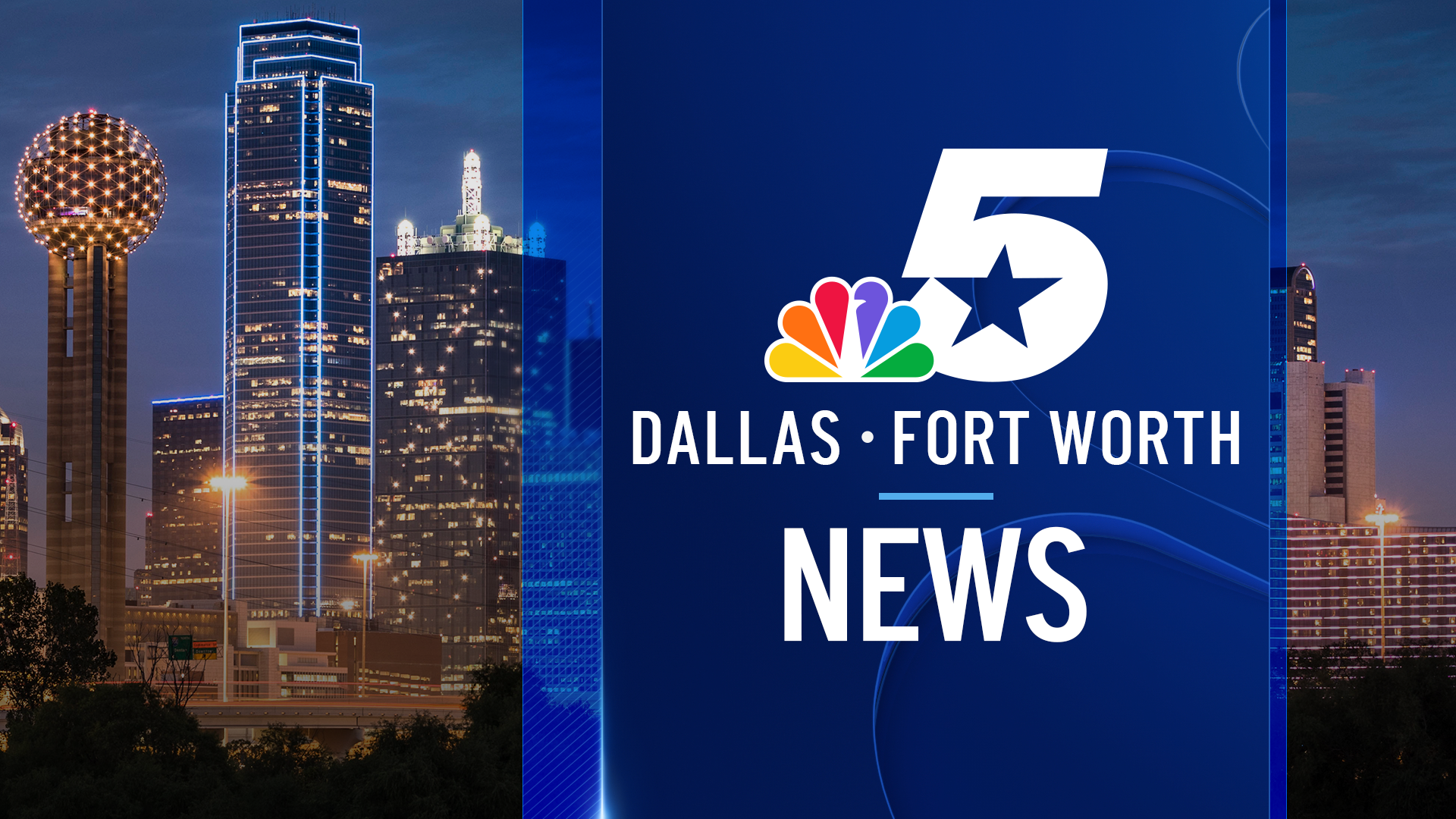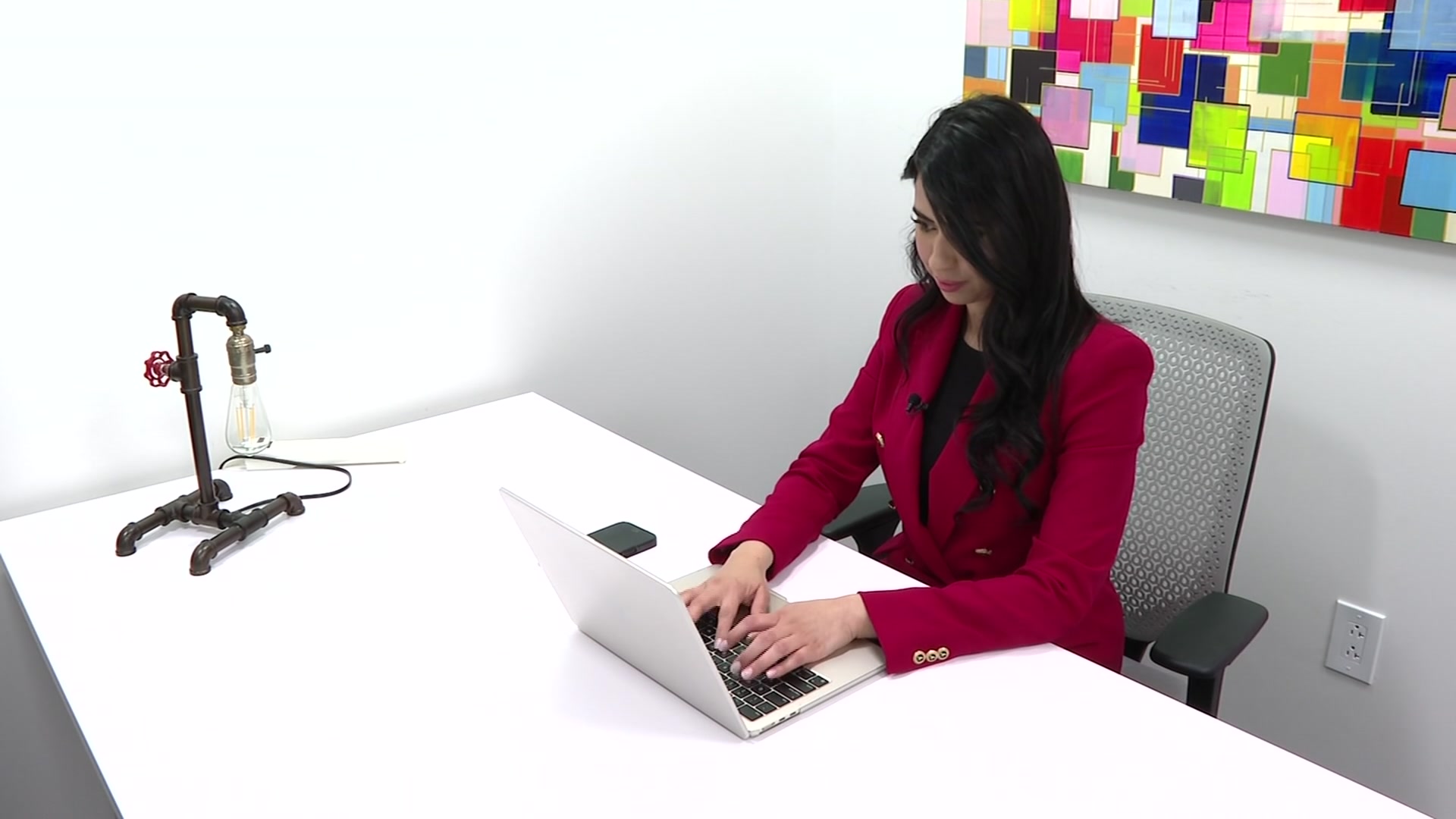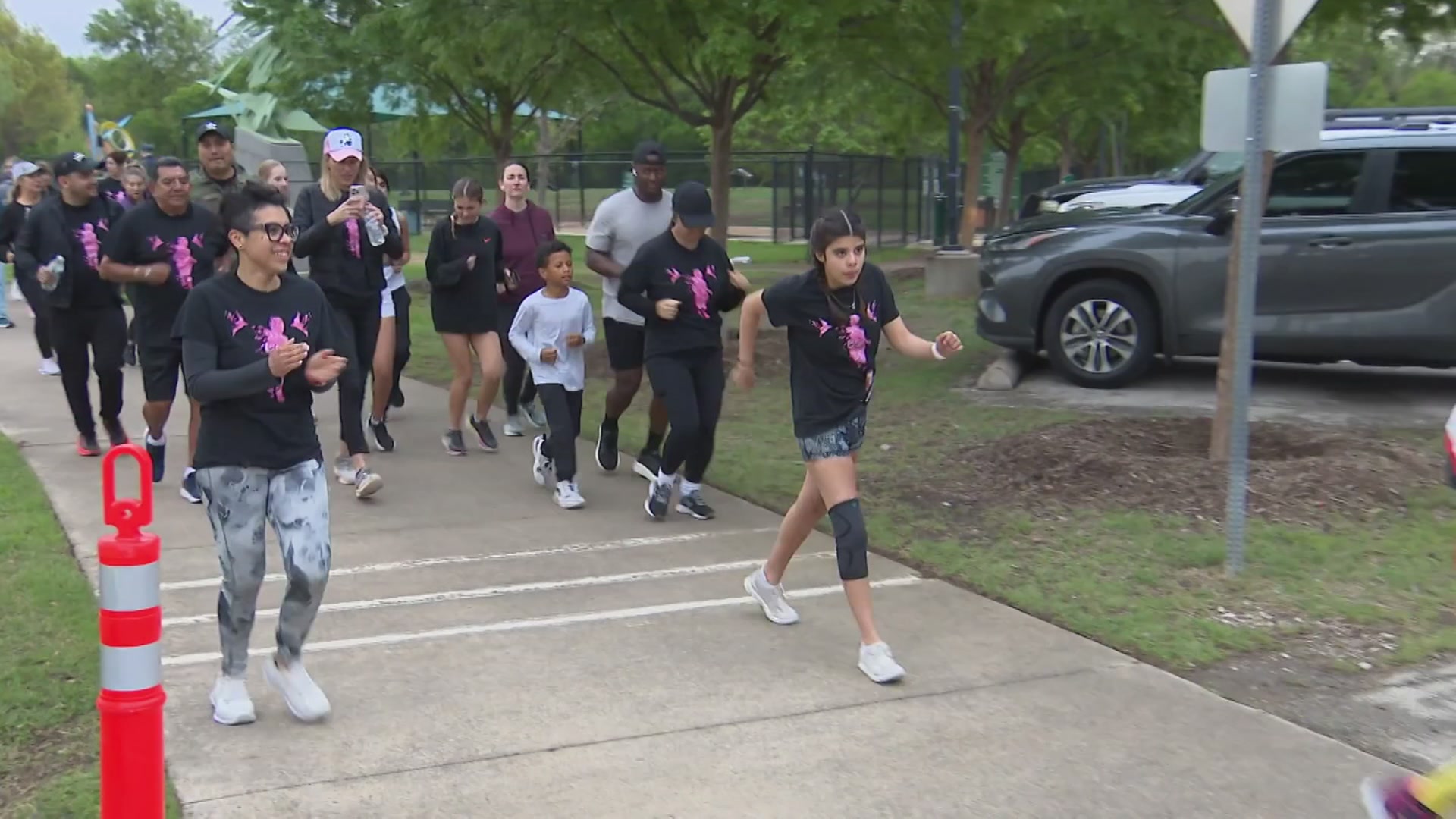The National Transportation Safety Board recommended on Tuesday a national ban on the use of cell phones in cars, including hands free devices.
The unanimous recommendation by the five-member NTSB would make an exception for devices deemed to aid driver safety such as GPS navigation systems.
Troy Selph, the owner of Dallas-based Smart Choice Driving School, said he agrees with the board’s recommendation.
“I always say to my students, driving is like a battlefield. You’re trying to get from point A to point B alive. You can’t do that if you’re being distracted,” Selph said.

The first lesson he teaches his students is no cell phones while in the car.
“It’s a distraction from the road completely. You lose distraction time and you lose awareness,” Selph said.
The National Highway Traffic Safety Administration said more than 3,000 people died in 2010 due to distracted-driving accidents.
Local
The latest news from around North Texas.
In a meeting Tuesday, the NTSB pointed to one crash in particular, involving a 19-year-old driver in Missouri.
“In the 11 minutes before the accident, 11 texts were sent or received and the last text was right before the impact,” said NTSB Chairman Deborah Hersman.
Officers said the teen crashed into a truck causing a massive pile-up which killed two people and injured 38 others.
"It's time to put a stop to distraction. No call, no text, no update is worth a human life,” Hersman said.
Texas Governor Rick Perry vetoed legislation last session that would have banned texting while driving because he views it as "a government effort to micromanage the behavior of adults." State law already prohibits drivers under age 18 from texting or using a cell phone while driving.
"I believe there is a distinction between the overreach of (the texting ban bill) and the government's legitimate role in establishing laws for teenage drivers who are more easily distracted and laws providing further protection to children in school zones," Perry said in his veto message.
Selph said despite strong urging, he doesn’t think the board’s recommendation will eventually become law.
“I don’t think it’s realistic because pressure-wise, you’ve got politics, big business…they’re not going to let it happen,” he explained.
However the driving teacher said he does have hope at least some version of the recommendation will move forward.
“There’s no way to get around all of that unless you did get rid of both altogether and not allow cell phones in cars ,” said Selph.



